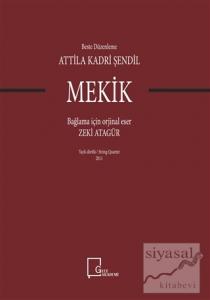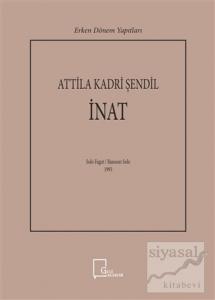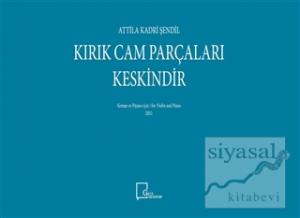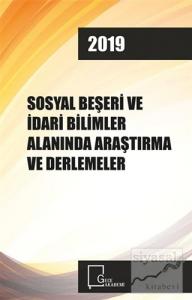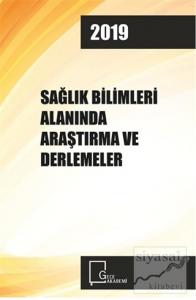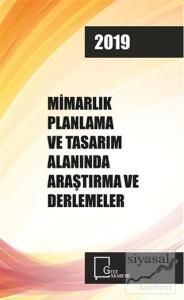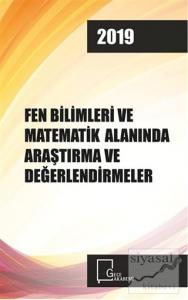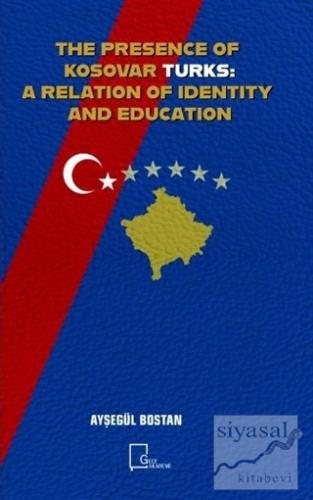
After the collapse of the communist system in Yugoslavia the nationalistic aspirations of Serbs and Albanians were apparently strengthened. In line with this their embracing of a distinct ethnic also increased. Consequently, it is worth considering whether Kosovar Turks' appeals to identity appeals have changed or not? Kosovar Turks were also exposed to pressures during the 1990s and this could have affected their nationalistic appeals. Thus, Turkish identity aspirations might have strengthened between 1992 and 2010. In order to test it, I will analyse the number of the students who participated in Turkish language education in Kosovo throughout the period mentioned above. One assumption here is that the number of the students who follow Turkish language education in schools is proof of a commitment to Turkish identity but I see no strong reason to doubt this assumption. Changes in the number of the students then should reflect the level of commitment to Turkish identity.
After the collapse of the communist system in Yugoslavia the nationalistic aspirations of Serbs and Albanians were apparently strengthened. In line with this their embracing of a distinct ethnic also increased. Consequently, it is worth considering whether Kosovar Turks' appeals to identity appeals have changed or not? Kosovar Turks were also exposed to pressures during the 1990s and this could have affected their nationalistic appeals. Thus, Turkish identity aspirations might have strengthened between 1992 and 2010. In order to test it, I will analyse the number of the students who participated in Turkish language education in Kosovo throughout the period mentioned above. One assumption here is that the number of the students who follow Turkish language education in schools is proof of a commitment to Turkish identity but I see no strong reason to doubt this assumption. Changes in the number of the students then should reflect the level of commitment to Turkish identity.













